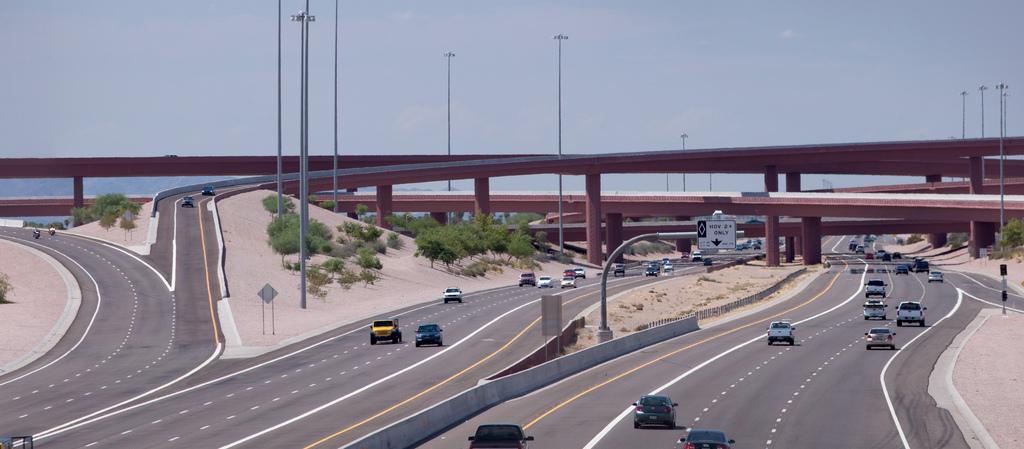Loop 202 Extension Causes Controversy
June 3, 2013
On Tuesday May 21, a public hearing was held in Downtown Phoenix regarding the subject of the 22-mile extension of the Loop 202. Controversy had risen with environmental concerns and as the plan involved cutting into land belonging to the Gila River Native American Community. As this extension between Chandler and the Laveen area of Phoenix costs nearly two billion dollars, opponents and supporters have been battling out the pros and cons of the project. The comments made at the event are an important deciding factor for the Arizona Department of Transportation (ADOT) and the Federal Highway Administration’s decision, as they can only consider issues raised in the comments of public hearing.
Supporters of the extension claim it is necessary to provide a convenient connection between the East and West Valley, and to also reroute the traffic haul around the Central Phoenix area. Planners have also predicted that traffic will nearly double by the year 2035, further aiding the supporters’ reasoning for the freeway. Roc Arnett, president of the East Valley Partnership, a business group that supports the extension had stated that “the freeway would ease congestion, create an estimated 30,000 jobs and has been supported by voters twice.” He also included the results of a survey conducted by We Build Arizona, a construction-industry group that promotes infrastructure investment. The results showed that two-thirds of Maricopa County voters supported the freeway while only about 20 percent of respondents opposed it. In a similar survey conducted by the same firm, 300 Ahwatukee Foothills and Laveen residents were polled (residents closest to the proposed freeway) and the results showed 59 percent supported and 35 percent opposed the extension. “These results clearly show widespread regional and local support for this project,” David Martin, chairman of We Build Arizona, said.
Opposers argue that the extension is unnecessary and will only lead to environmental issues. “There are many, many deficiencies [with the extension],” commented Pat Lewis, president of Protecting Arizona’s Resources and Children, a community group opposed to the project. The group points out that the report didn’t address the movement of hazardous materials leading to the potential for air pollution. The Sierra Club had protested at the public hearing, claiming the freeway is unnecessary and the option to invest in mass transit was disregarded at an early stage. The club also claims that the 220-foot cut through South Mountain Park is a civil-rights violation against Native Americans, who consider the mountain area sacred.
ADOT will stop accepting public comments on Wednesday, July 24. After that, they will prepare a final environmental report and seek federal approval to build the freeway as they hope to begin construction in 2015.












